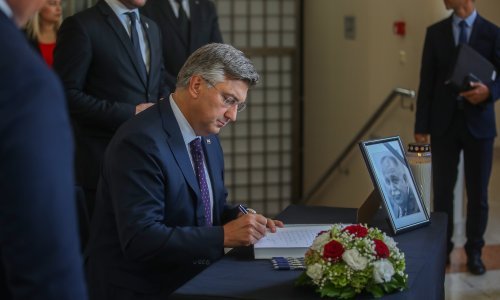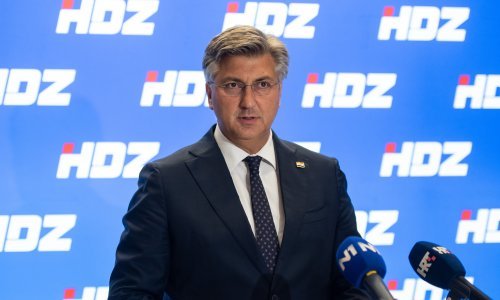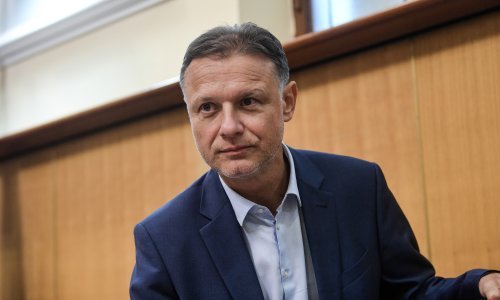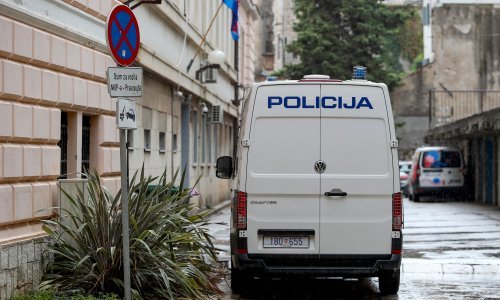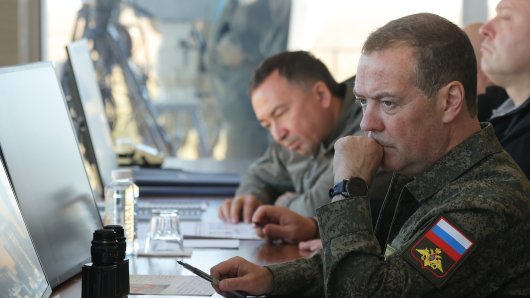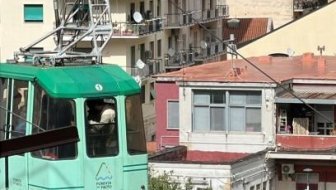Croatia is definitely coming out of the crisis and this year's fourth quarter will be positive, Croatian Finance Minister Ivan Suker said in Washington on Saturday after talks with International Monetary Fund and World Bank officials.
"Croatia is definitely coming out of the crisis. All the prerequisites have been created, all measures undertaken. We entered the crisis slower and later than many and unfortunately, we are coming out of it later," Suker told Croatian reporters.
The World Bank reported yesterday that of 30 countries in East Europe and Central Asia, only four were still in a recession and recording negative growths - Kyrgyzstan, Romania, Croatia and Latvia.
Asked to comment on the fact that Croatia was ranked along Kyrgyzstan, Suker said the differences were nonetheless big.
Speaking of the talks he held at the annual meeting of the IMF and the World Bank, and of the fact that Croatia was one of the few countries that had not overcome the economic crisis yet, Suker confirmed that Croatia's growth this year would be negative, but said the fourth quarter would be positive and that economic growth was expected to be 1.5-1.6 per cent next year, with Croatian and international financial institutions' forecasts coinciding.
Suker underlined that IMF and World Bank officials supported Croatia's economic recovery measures during talks with a Croatian delegation in Washington.
"We had a very good talk in the World Bank, receiving full support for the economic recovery measures, as we did in the IMF. The World Bank will financially support certain reform projects in Croatia," he said, adding this was "nice news from Washington".
Asked if Croatia was following the world trend of encouraging export as a recovery generator, which is one of the central topics at the Washington meeting, Suker said "Croatia is following that trend" and that exports had grown in this year's first seven months, which was "one of the best macroeconomic indicators".
Suker went on to say that the issue of a stalemate regarding labour act amendments and a draft pension reform was raised at the talks in Washington, adding that "everyone in Croatia is talking about reforms, but when they have to be carried out, everyone is against them".
Asked about a solution to the lack of readiness for reforms in Croatia, Suker said "the world is also assessing our readiness to bring order," adding that this called for sacrifices at first, although they eventually paid off if the reforms were made on time.
Suker once again dismissed the possibility of Croatia requesting the IMF's assistance to come out of the crisis, saying a stand-by arrangement was not discussed in Washington.
"That's not an option for Croatia. Those talking about a stand-by arrangement should publicly tell Croatian citizens that it would mean reducing salaries and pensions as well as a series of other restrictions. We are discussing structural reforms and not a stand-by arrangement."
Asked about the possibility of a new borrowing from commercial banks in the wake of the Croatian delegation's talks with representatives of HSBC, Daiwa, Deutsche Bank, JP Morgan, Societe General, and Barclays, Suker said those were regular contacts at international financial institutions' conferences, "nothing more".
Suker met the World Bank's vice president for Europe and Central Asia, Phillipe Le Houreou, the Bank's director for Central Asia and Baltic Countries, Peter Harrold, and IMF Executive Director Age Baker.
A Croatian National Bank delegation led by Governor Zeljko Rohatinski also attended the Washington conference.





